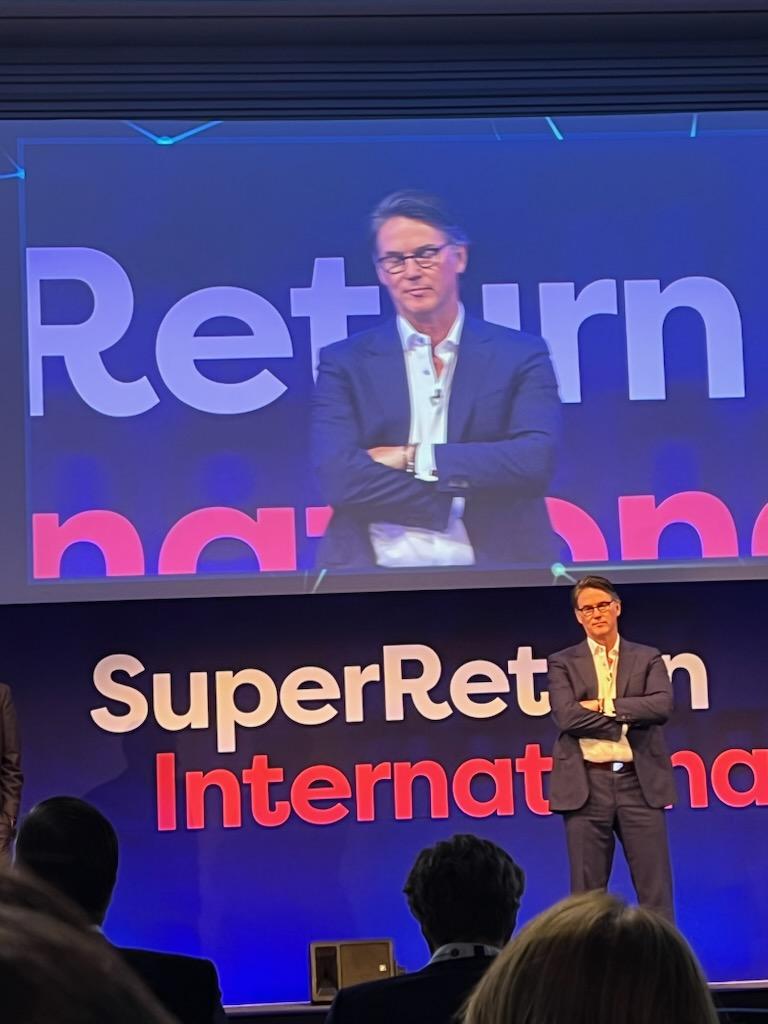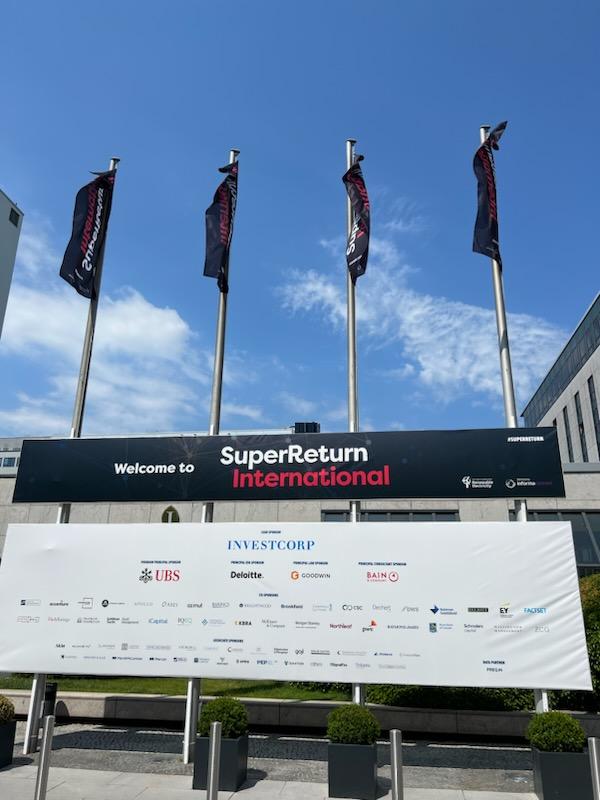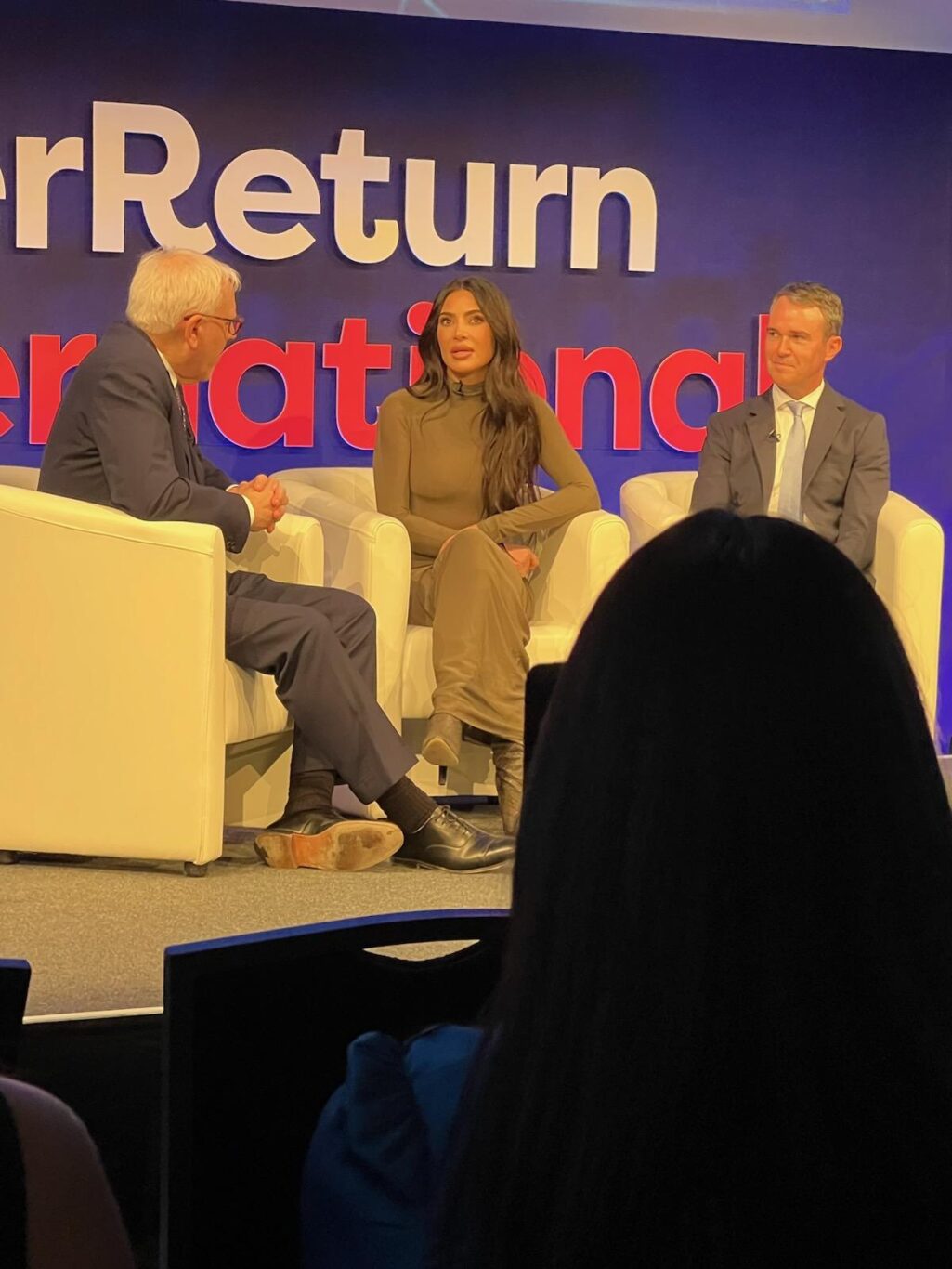I had the privilege to attend the 2023 SuperReturn International Conference in Berlin last month, enjoying three full days of networking, panel discussions and breakout sessions. With over 4,000 General Partners (GPs) and Limited Partners (LPs) from 70 countries in attendance, the conference highlighted the future of the private equity industry, including both areas of opportunity and challenges it may face.
Here are my top four takeaways from the conference:
1. The Private Debt Market is becoming an increasingly compelling area of allocation for investors.
Given the volatility we have seen in the interest rate environment, and the general pullback from many of the traditional banks in providing credit-based funding, the private debt market is quite attractive at this time due to its resilience and flexibility the providers allow. For many debt investors the quality of deal flow is extremely high. These providers claim they are seeing stronger credits and are being paid a whole lot more.
2. Industry Shifts
It’s no secret that shifts like technological advancements and inflation are impacting just about every industry you can think of – and that includes the private equity sector.
One area of technology that seems to be making waves is of course, artificial intelligence (AI). The consensus is that AI will be (or already is) the next big secular trend, with a variety of applications being created that the general public can use. Many firms have begun looking at how they can utilize AI to support the work of their organizations, for example, by employing it for data entry or other administrative tasks. This frees up members of the firm to accomplish other responsibilities and focus on their relationships with portfolio companies and partners.



3. Challenges Ahead
Conference speakers and panelists noted that the PE industry faces some difficulties in the current economic and rate environment. One panelist noted, “It’s a bleak situation right now. Virtually every investor in the room who invested over the past three years is looking at a company that is either at par value or underwater. And the problem is that no one can replicate the capital structures of the past. To many, it’s all about extending the runway for these companies until rates decline and multiples increase again.”
Fundraising has proven to be slower across the board as many LPs are looking for more liquidity. In the minds of LPs, “cash is king” in the present environment. This means GPs need to creatively stand out from the crowd and over the next several years, some may explore consolidation. Many speakers emphasized the importance of investor patience in our current sphere.
4. A Bright Future
When looking at the last several years, many issues we have experienced coming out of COVID have turned a corner. Supply chain issues and the labor market have both improved, and consumer spending is up in the United States despite high interest rates.
As a panelist from KKR stated, “those of us who have been in this industry for a long time have weathered prior macroeconomic storms. We use the time of turbulence to make long-term bets… which is all good, but the industry is paralyzed right now. This is the hour of PE when people are making good investments.”
The PE industry has endured previous headwinds and will continue to do so in the midst of these present challenges. While the landscape is competitive, there is much to look forward to with exciting opportunities on the horizon.

Jeffrey Johnson is a Managing Director of Blackford Capital, having joined the firm in 2015. He has over 27 years of experience in investment banking and private equity investing. Jeff is involved in all facets of the firm’s operations, including transaction sourcing, investment analysis, portfolio construction and management, deal financing, internal operations, and fundraising.